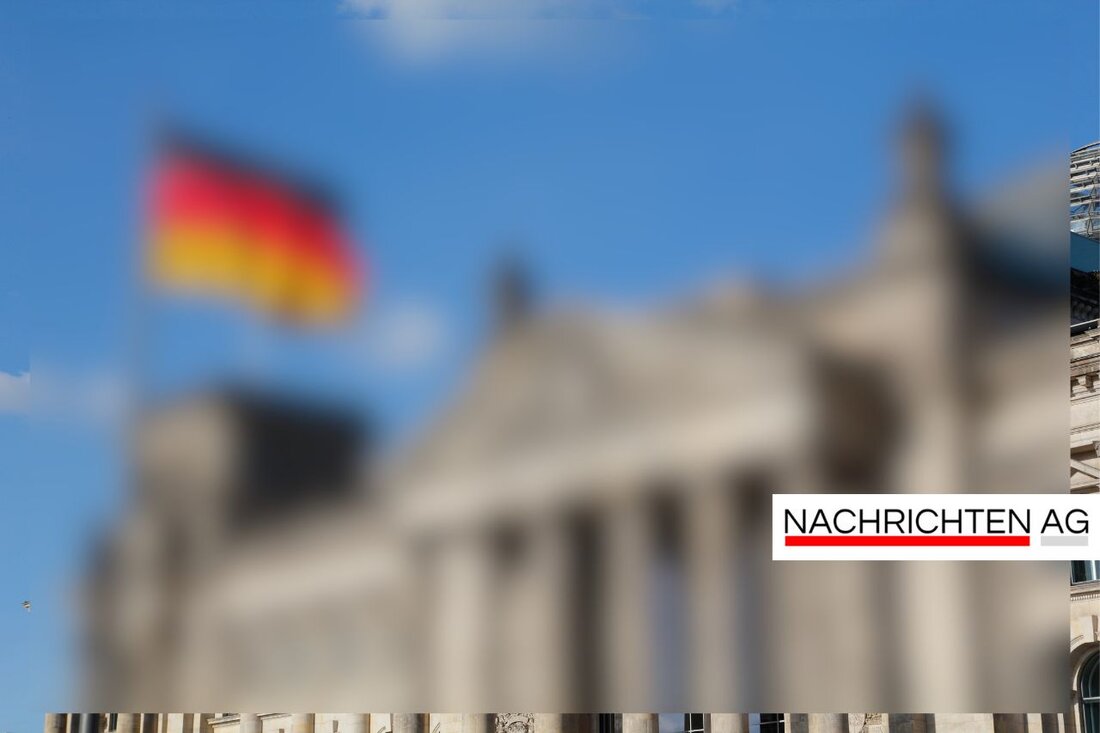Schönaich high-tech company fights against raw material crisis!
Faulhaber in Schönaich fights with raw material bottlenecks and trade barriers, which endangers the innovative strength. Environmental Protection Minister Thekla Walker has taken note of the concerns.

Schönaich high-tech company fights against raw material crisis!
The company Faulhaber, based in Schönaich in Swabia, develops engines for highly specialized applications worldwide and looks at the political framework that influences its business activities. Managing Director Markus Dietz emphasizes that the slow political reaction to questions of trade and raw materials endangers the company's competitiveness. In particular, the increasing prices for raw materials and the trade barriers, especially with regard to rare steroms that are indispensable for production, cause problems. Faulhaber currently needs about 60 days to procure these important components, a process that is further complicated by export goods from China. According to the information from the Stuttgart news this leads to the company increasingly under pressure.
Faulhaber is considered a "hidden champion" in the field of high-precision miniature and micro-drive systems, with a strong focus on medical technology and space travel. With more than 1,800 employees and 14 locations worldwide, the company has an important role in the global technology industry. One of the innovative developments is a miniature blood pump that can hand over up to eight liters of blood per minute and can be in the human body for up to ten days. However, the market launch of this technology is delayed due to personnel reduction in US health authorities, which also contains the approval procedure.
Political framework and challenges
The managing directors Lutz Braun and Markus Dietz also say that the European countries in the area of robotics and electromobility could lose connection to other nations. Braun demands a higher priority for critical raw materials and a reduction in the government's bureaucratic hurdles. It is pointed out that there is a gap in German drone technology, although there are enough companies that can produce drones. Environment Minister Thekla Walker is informed about the challenges with which faulter is faced with, but there are no concrete measures so far.
The geopolitical situation and the control of China on strategically important raw materials are also not to be ignored. According to the international energy agency, China controls up to 100 percent of the world market for certain raw materials such as rare earth metals, graphite and cobalt. This makes competitive conditions for European companies considerably more difficult.
High -tech agenda Germany
As part of the high -tech agenda Germany, which was launched by the federal government, technologies and innovations "Made in Germany" are to be established as a global trademark in order to attract talents and investments. This agenda aims to make Germany capable of action in central areas and demands more focus on key technologies to increase competitiveness. Six strategic research fields are defined in the agenda: aerospace, health research, security and defense research, marine, climate and sustainability research as well as humanities and social sciences. Measures to support AI developments, the commissioning of a research satellite for quantum communication and the planning of a merger power plant by 2025 were decided to advance technological progress, such as the Federal government reported.
The cabinet decision regarding the high -tech agenda is understood as a starting signal for the joint design of economic and technological framework in Germany. It is time that science, business and government work together in a joint effort to master the challenges of the future.

 Suche
Suche